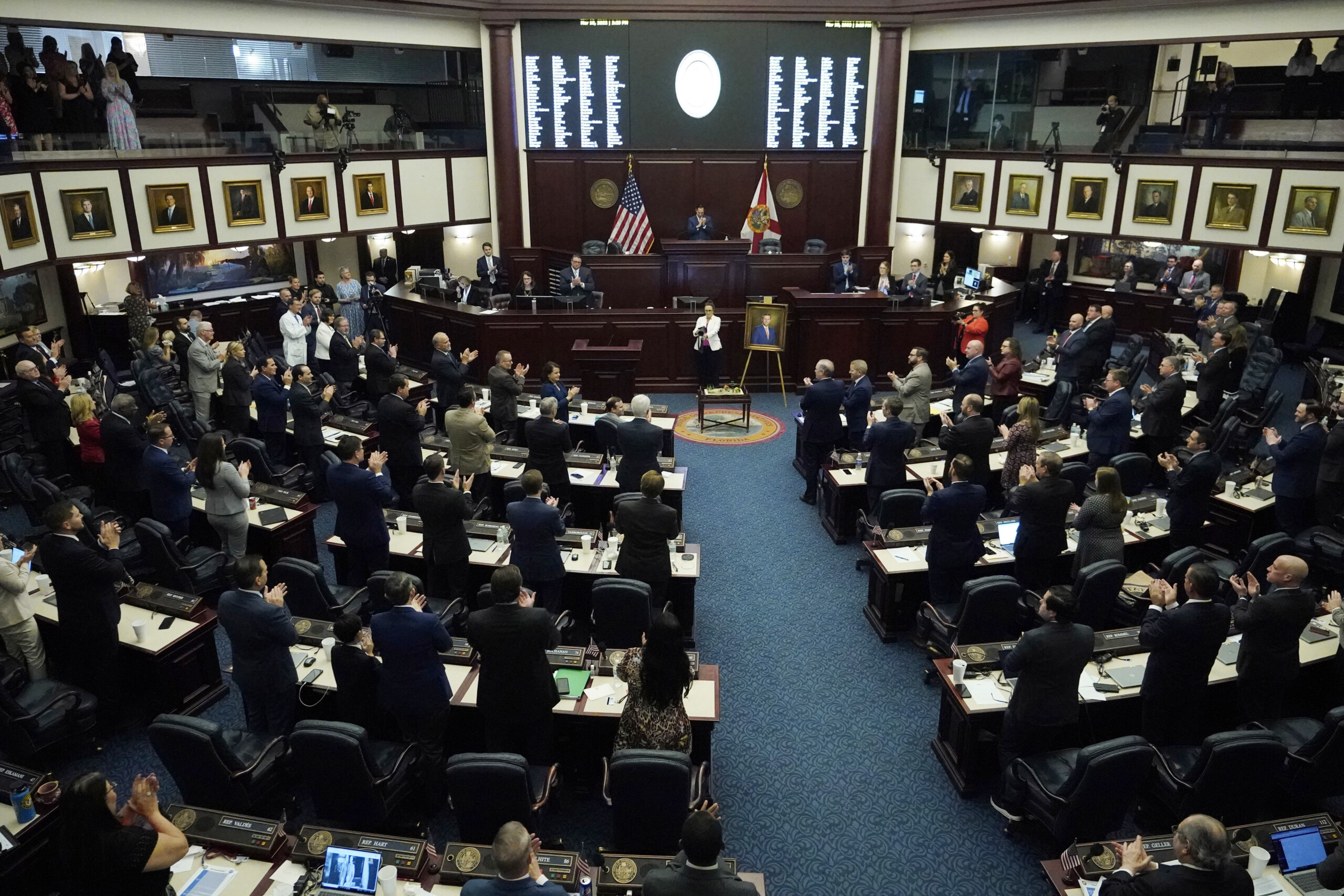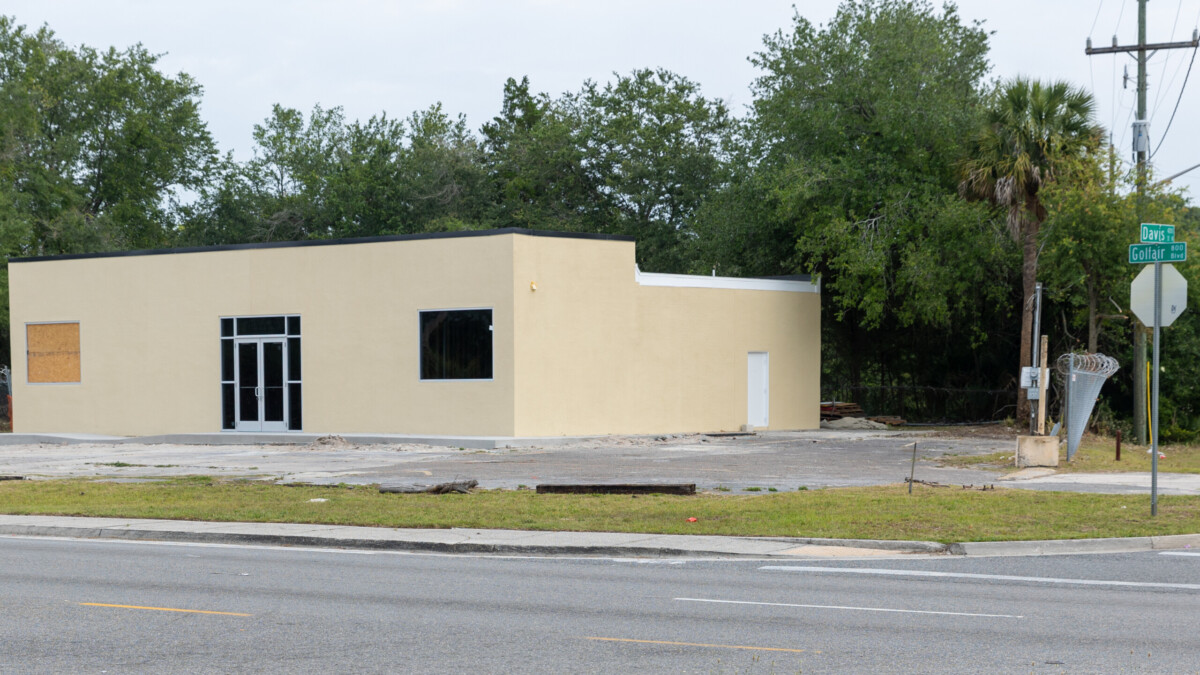Northeast Florida legislators have introduced at least 35 bills to be considered in the 2024 legislative session.
The proposals are among 599 bills filed statewide for the session beginning Jan. 9.
Here’s a sample of the bills filed by legislators on the First Coast:
Swimming lessons
Sen. Travis Hutson, Republican from St. Augustine, filed a bill (HB 581) to create a Florida Department of Health program to provide free swimming lessons to low-income families with young children.
“The purpose of the program is to increase water safety in this state by offering vouchers for swimming lessons at no cost to families with an income of no more than 200% of the federal poverty level who have one or more children 4 years of age or younger,” the bill states. “The department may seek grants or other public or 53 private funding for the program..”
Seven children have died from drowning so far this year in Duval County, out of 88 statewide, according to Florida Department of Children and Families data.
Landlords
Rep. Angie Nixon, D-Jacksonville, filed a bill (HB 423) that requires certain landlords to provide tenants of rental properties with safe, clean, warm and cool homes to live in. That bill mandates “clean and safe condition of common areas,” as well as garbage removal. It also mandates “functioning facilities for air-conditioning, heat during winter, running water and hot water,” as well as control of vermin.
“Make reasonable provisions for: the extermination of rats, mice, roaches, ants, wood-destroying organisms and bedbugs,” the bill states. “When vacation of the premises is required for such extermination, the landlord is not liable for damages but shall abate the rent.”
Animal advocates
Sen. Jennifer Bradley, R-Fleming Island, filed a number of bills for the next session. One (SB 272) authorizes courts to order that a separate advocate be appointed for certain criminal proceedings regarding a cat or dog’s welfare or custody. That advocate may consult anyone who has information that could aid the judge or review records relating to the condition of the cat or dog and the defendant’s actions.
Hot cars
Rep. Robert Brannan III, R-Macclenny, and Bradley filed similar bills (HB 591 and SB 554) relating to the deaths of children left alone in hot cars. Both would designate April as “Hot Car Death Prevention Month,” asking certain agencies and local governments to sponsor events to warn parents about the dangers.
Air conditioning in jails
Sen. Tracie Davis, D-Jacksonville introduced a bill (SB 296), providing air conditioning requirements for state Department of Corrections facilities.
“Each state correctional institution shall provide a portable air conditioner or air-cooling system in each inmate housing unit adequate in size and number to each dormitory or sleeping area, and shall maintain same in good working order at all times,” the bill said.
Prekindergarten
Davis also filed a bill (SB 294) revising the instructional hours required in the Voluntary Prekindergarten Education Program. It would provide for an eight-hour program day during the school year and summer programs.
Bank boards
Republican Rep. Dean Black of Jacksonville filed legislation (HB 543) prohibiting people from serving on a bank boards of directors for five years if they were involved with another bank that became insolvent.
Fentanyl
A bill filed by Rep. Jessica Baker, R-Jacksonville, (HB 231) relates to what happens to those who possess fentanyl that police or firefighters get exposed to.
It provides criminal penalties “when that exposure results in serious injury; providing a mandatory minimum term of imprisonment; providing enhanced criminal penalties if the injury sustained results in death or great bodily harm.”
Infrastructure tampering
A bill from Sen. Clay Yarborough, R-Jacksonville, (SB 340) requires criminal penalties for anyone damaging a power station or other critical infrastructure, which would be second-degree felony.
“A person who is found in a civil action to have knowingly and intentionally harmed critical infrastructure is liable to the utility, communication services provider, operator or owner for damages in an amount equal to three times the actual damage,” the bill says.







